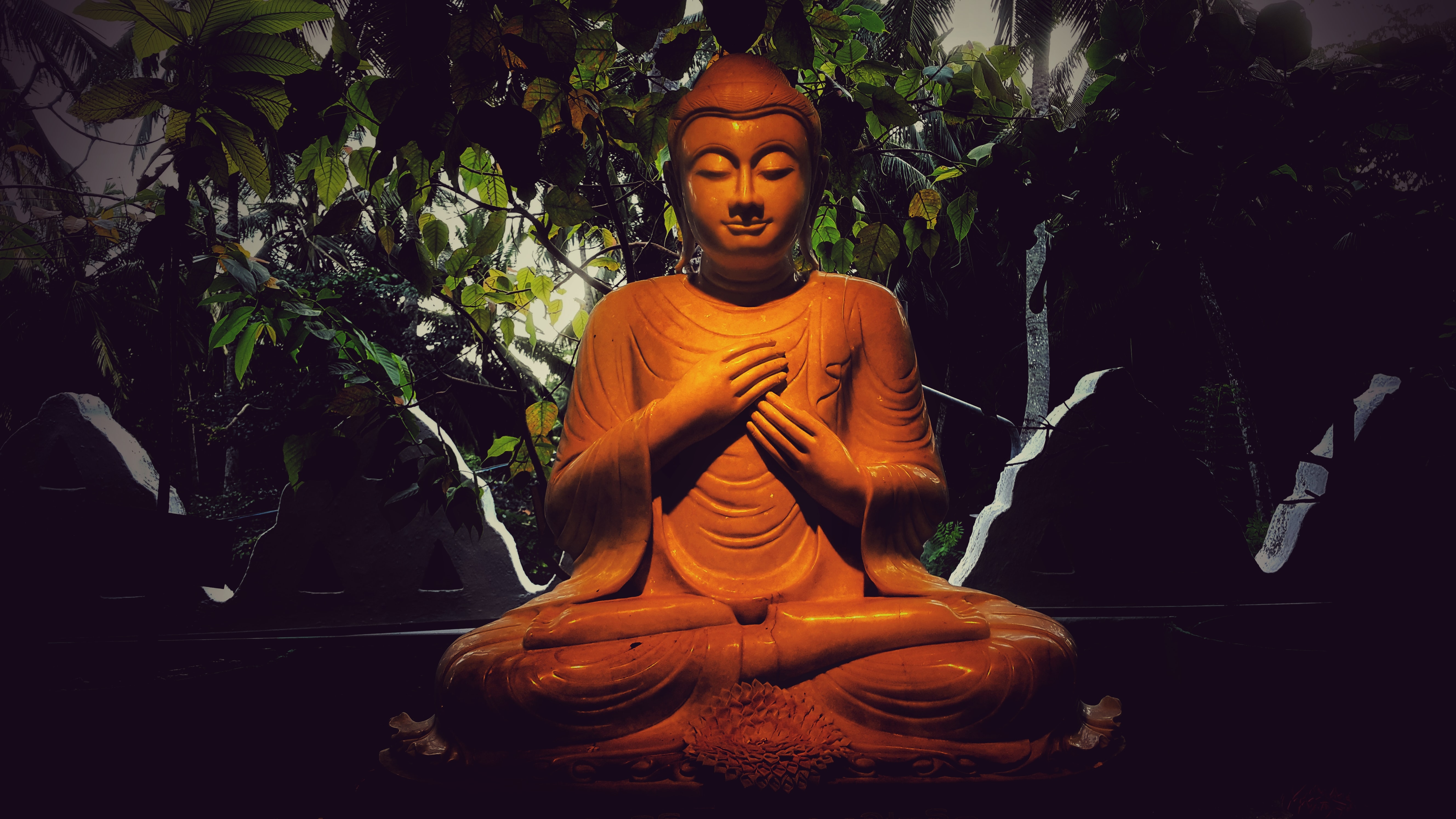
Lecture Series Builds Community During COVID
April 10, 2021
On February 5, 2021, Dzongsar Khyentse Rinpoche spoke to a cohort of about 20 Buddhist studies students from Northwestern and around the world. Rinpoche is a contemporary Buddhist teacher, and the head of the Khyentse Foundation, a nonprofit organization that supports Buddhist study and practice in many forms. In the hour and 15 minute long Zoom call, Rinpoche spoke about his understanding of the academic study of Buddhism and how it relates to Buddhist practice. While there is an idea in the Buddhist world that academia is contrary to Buddhist practice, Rinpoche sees the two as related and mutually informative.

“People tend to describe this enormous divide between the practice of Buddhism and the study of Buddhism,” said Sarah Jacoby, an associate professor of Religious Studies at Northwestern. “I’m not that surprised that Dzongsar Khyentse Rinpoche found those to be mutually informative because if you look in Tibetan history… you can easily see that the greatest masters of Buddhist practice were also scholars, so there was never the idea that you could be one or the other but not both.”
Photo via Chris Arthur-Collins via Unsplash
Rinpoche was the first speaker in a new Buddhist Studies lecture series, and his optimistic lecture helped set the tone for future meetings.
Professor Sarah Jacoby is known for being a caring advisor to the PhD students she advises.
Pema McLaughlin, one of Jacoby’s advisees in the department, said that Professor Jacoby checks in often, especially during a time when everything is remote during the pandemic.
“She's not the kind of advisor who expects you to be a grad student robot. I feel like I can tell her if I have any kind of problem in my life or if there’s some reason that I'm not getting back to her about something,” McLoughlin said.
It was that same care for her students during this time that led to the Buddhist Studies lecture series.
“They [graduate students] don’t have the kind of community and the kinds of intellectual exchanges that naturally emerged in the context of showing up on campus,” Jacoby said. COVID-19 restrictions prevent graduate students from meeting with students in classes they TA, sitting in their professor’s office and discussing research and talking to one another. Jacoby wanted to come up with something that would foster a sense of community that so many are missing.
Jacoby had long had the idea for a lecture series where PhD students could share their work and Buddhist Studies scholars could give lectures to the cohort. Last summer, motivated by the loneliness grad students may feel as a result of the COVID-19 pandemic, she submitted the proposal to the Khyentse Foundation.
The lecture series serves Northwestern PhD students and Buddhist Studies students around the world that are currently receiving funding from the Khyentse foundation; about 20 students in all. Professor Jacoby and Joshua Shelton, a PhD student in Buddhist Studies, run the series.

Photo by Lahiru Supunchandra via Unsplash
Dzongsar Khentse Rinpoche was the first in a series of influential speakers from across Buddhist Studies. In February, Amy Langenberg, an associate professor in the Religious Studies department at Eckerd College, led a conversation about feminist approaches to reading the Vinaya. Coming up, Natalie Avalos (University of Colorado Boulder) and Dawa Lokyitsang (University of Colorado Boulder)will talk about decolonizing Buddhist studies and Chün-fang Yü (Columbia University) will give a lecture on Chinese Buddhism.
The speakers reflect the interests of the students. Jacoby and Shelton spoke with the cohort to understand the common interests of the group and then solicited lists of potential speakers from the graduate students who would attend. Still, the lecture series is more than guest speakers.
“The purpose of the lecture series isn’t just to invite famous people. It’s also to share our own work. So, it’s supposed to be about community building as much as it is about hobnobbing with people that we’re excited about inviting,” Jacoby said.
At the first meeting of the lecture series in January, Jacoby shared her own work with the group. As the series continues, she expects the students in the cohort will workshop one another’s dissertation chapters and discuss their research.
Jacoby hopes the lecture series will allow students to build community with one another, meet important people in the field and practice the art of giving lectures.
Nisheeta Jagtiani, a PhD candidate researching Tibetan Buddhism, feels the lecture series is succeeding at what it set out to do.
“It's very nice to have this community to come and see what kind of work is being done outside your narrow field,” said Jagtiani. “It’s good to, just as a scholar, be exposed to the other kinds of research that’s being done.”
